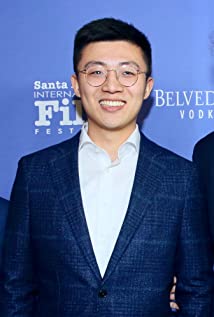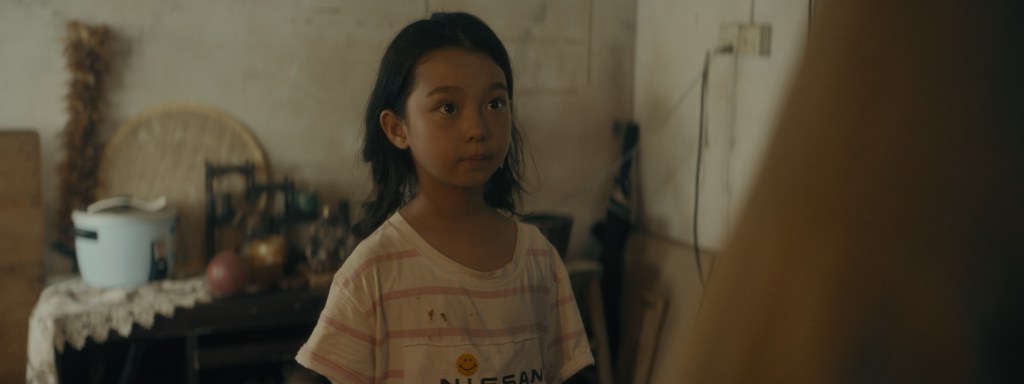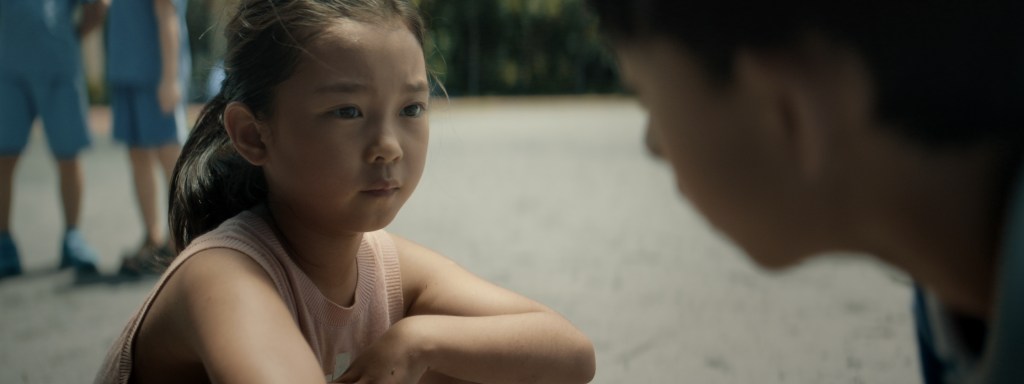Director Charles Xiuzhi Dong’s topical live-action short film After Class tells the universal story of a mother who is willing to do whatever it takes to help her child. Having only recently begun its festival run the film has just been awarded the top Oscar Qualifying prize at Short Shorts Film Festival and Asia, in Japan.
Eight-year-old Su Min and her mother reside in the slum of a metropolis in China, making ends meet by cleaning toilets and picking garbage. Su Min dreams to go to school someday. Marginalized by the school registration system, her mother tries to send her daughter to school at any cost.
The film’s award-winning Chinese director Charles Xiuzhi Dong is based in Los Angeles. He received a BFA at NYU’s Tisch School of the Arts and was recently accepted to the American Film Institute’s directing fellowship. His short films AFTER CLASS and COOKIE HEART screened at numerous high profile international film festivals. His feature documentary debut, AN ANSHAN STORY, follows the investigation of his family saga, post-Chinese cultural revolution history.

This is an interesting mother/daughter dynamic in terms of what the mother teaches and the daughter believes which leads to the pay-off. What was the start-off point for the original idea and script?
The inspiration for ‘After Class’ came from an infamous scandal a few years ago in China, where people would intentionally get hit by a car to scam the driver’s money. I once saw a news article about a single mother who was arrested for forcing her son, who had a broken leg, to run into traffic. It was later reported that she did it to send her son to school. The boy got hit three times until she was finally arrested. Although the mother was shunned by the public, no one empathized with her. I wondered: What would a mother do to fulfill the basic needs of her child? The story is partly based on the news story and partly from my childhood. When my family moved to Shenzhen from the Northeast, my family had to pay a tax every year to send me to public school. When I walked around the city, kids would run around in slums, collecting water bottles for nickels and dimes in return. I asked them why they aren’t in school. They told me they just aren’t. It was that moment, I knew, one of those kids would become the character of Su Min.
I once saw a news article about a single mother who was arrested for forcing her son, who had a broken leg, to run into traffic.

It is also a film about the haves and have-nots and that sometimes there will always be a way for somebody to get by. Did you do much research into the plight of impoverished children who could benefit from a better quality of education?
I used to live next to a neighborhood similar to the one in the film. I remember when I was in high school and college. I would sometimes wonder around to talk to the locals. They would tell me very personal stories that I would based my characters around.
Tell us about your cast.
I met most of my cast members through a casting director. My lead actress Youfeng Zhang had a similar background as her character, which gave her a very clear understanding of what she needed to do acting wise. The girl who played Sumin was a first-time actress, who was an experienced child model. She did a great job as well.
Tell us about your production team.
I know most of our production team at New York University, with the exception of my production designer, who is based in Hong Kong and works in the feature film world. My producer Branton Choi is a long-time collaborator of mine. My cinematographer Stefan Nachmann shot all of my projects. We knew each other very well. The moment I told them about this project long before prep. They were all immediately interested and willing to come on board.
Tell us about your working relationship with your Cinematographer and how you choreographed the wide-angled visual style seen throughout the short.
I met my cinematographer on my first day at NYU: way before I decided to pursue a career as a director and him as a DP. Stefan and I were roommates for long time and knew each other inside and out. We very much enjoyed working together and have a great understanding of each other’s artistic approach. When we were discussing the visual style of the film, we decided to frame our characters far away from the camera. Utilizing very wide static shots, where the characters feel like they are stuck in their situation.

I met my cinematographer on my first day at NYU: way before I decided to pursue a career as a director and him as a DP.
You make a comment about marginalisation by the registration system in the school we see in the film. Has the film been shown to educational representatives in China?
The film is set in the early 2000s in Shenzhen China. There are definitely still a lot of things that need to be changed. But since the 2010s, the “marginalized” school registration system has changed dramatically. Everybody could go to a public school now in Shenzhen, as long as they have residence in the city.
Has the film been shown to many schools?
It has not, but I would like to show the film in more places.
What would you ultimately like the effect of the film to have in the future?
In the early stages of making this film, I did not expect any particular outcome for me personally. I simply wanted to tell a story, and I felt I did that part of my job.
Where did you shoot and for how long?
I shot this in Shenzhen, China for five days.

Diversity is a big subject at the moment and you are representative of a more diverse group of film-makers. How has living in Los Angeles helped shape your career and creativity on the whole?
I just moved from New York to Los Angeles about a month ago to start my American Film Institute Fellowship. It took me awhile to realize that Hollywood is a very diverse place. Many people I’ve met in LA so far come from an international background. I am very much looking forward to continuing my career here.
The film is generating a lot of buzz on the festival circuit, even though it has just started showing in some events. What has the reaction been to the short?
Sometimes, I would get random DMs on Instagram from people who saw the film at some festival, telling me how much they love it and asking me the process of making it. I’ve also got to meet audiences at the Santa Barbara International Film Festival. I would say the reaction has been positive so far.
Sometimes, I would get random DMs on Instagram from people who saw the film at some festival, telling me how much they love it and asking me the process of making it.
How has COVID-19 affected your development as a film-maker?
Yes, a lot of my projects in development were being pushed back and even canceled. During quarantine, I took the opportunity to re-watch movies and read books, which led me to write my first novel. Eventually, I set a goal for myself to write a feature script, hoping to look for funding and to shoot after the pandemic is over.
During quarantine, I took the opportunity to re-watch movies and read books
Finally, what are you most proud of about AFTER CLASS?
Of course, I am proud of this film itself, even though there are a million things I want to change, but I am most proud of every crew member who was working on this project. It was not an easy film to pull off. From the moment we prepped this, we faced countless problems from locations to casting to budget. But everybody had so much faith in this project. I am just very grateful for my cast and crew for supporting me along the way.
